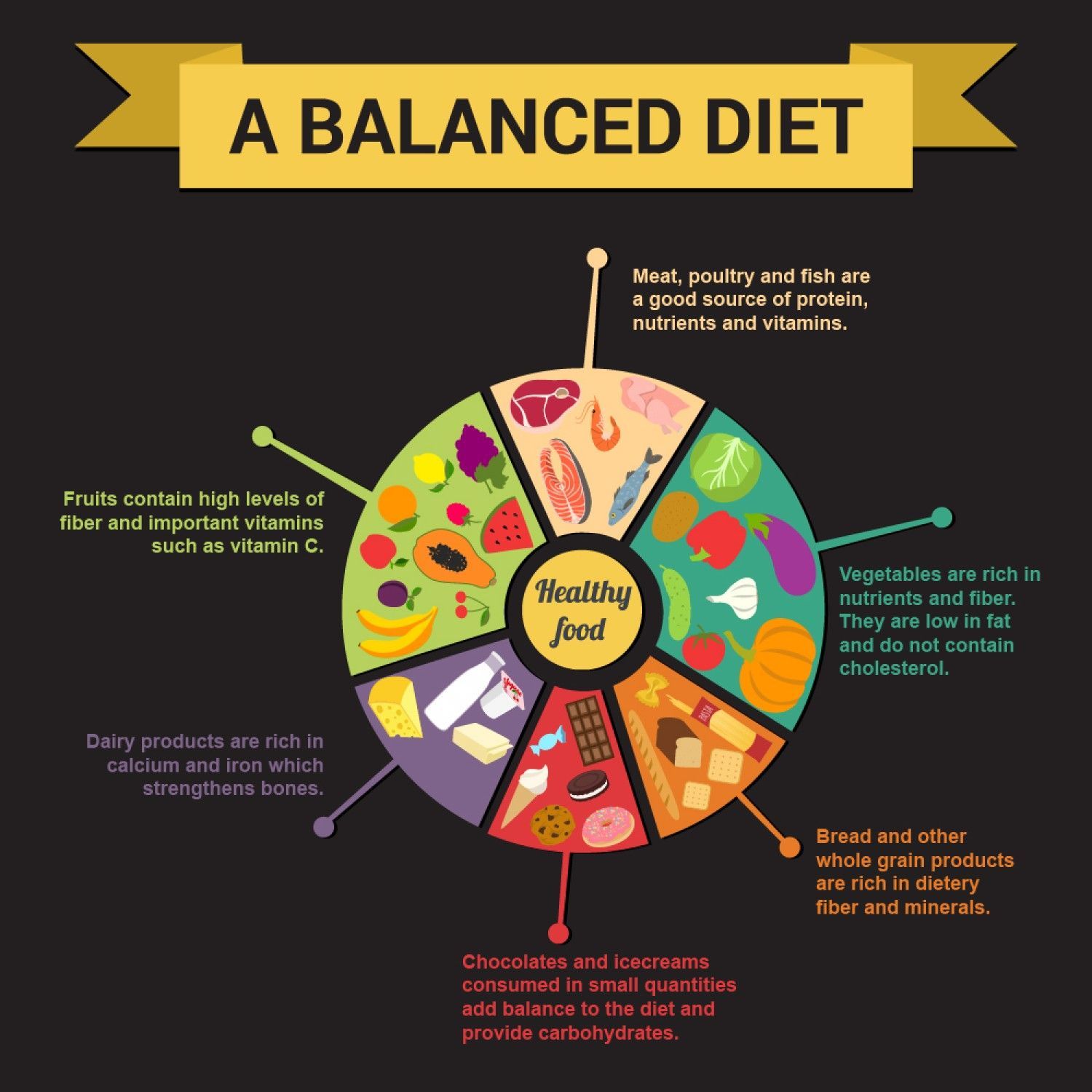Nutrition plays a crucial role in maintaining our overall health and well-being. The food we consume has a direct impact on the functioning of our body systems, influencing energy levels, disease prevention, and overall quality of life. This article will explore the importance of nutrition and how it affects every aspect of our physical and mental health.
The Science Behind Nutrition
Nutrition is the study of nutrients in foods and how they interact with our body. It involves the process of ingestion, digestion, absorption, metabolism, and excretion of nutrients from the food we eat. Our bodies require vitamins, minerals, carbohydrates, proteins, and fats in specific quantities to function optimally.
The Importance of Balanced Diet
A balanced diet provides adequate amounts of all essential nutrients required for our body to perform at its best. It includes a variety of fruits, vegetables, whole grains, lean proteins, and healthy fats. A well-balanced diet helps maintain a healthy weight, reduces the risk of chronic diseases, boosts the immune system, and improves overall mental and emotional well-being.
Nutritional Deficiencies and Health Risks
Inadequate nutrition can lead to various health risks and nutritional deficiencies. For example:
Vitamin C deficiency can cause scurvy, weakened immune system, and delayed wound healing.
Iron deficiency can result in anemia, fatigue, and decreased cognitive functioning.
Calcium deficiency can lead to weakened bones and teeth, increasing the risk of osteoporosis.
High intake of saturated fats can contribute to heart disease and obesity.
Benefits of Proper Nutrition
Proper nutrition provides numerous benefits for our overall health:
Energy Levels: A well-balanced diet fuels our body with the necessary energy to carry out daily activities.
Healthy Weight Management: Nutrition plays a key role in weight management, helping to prevent obesity and related diseases.
Strong Immune System: Adequate nutrients boost the immune system, reducing the risk of infections and diseases.
Improved Mental Health: Good nutrition positively impacts our mood, cognitive function, and overall mental well-being.
Disease Prevention: A healthy diet decreases the risk of chronic diseases such as heart disease, diabetes, and certain types of cancer.
The Role of Nutrition in Different Life Stages
Nutrition requirements vary depending on age and life stage. Here are a few examples:
Infants: Breast milk or fortified formula provides essential nutrients for optimal growth and development.
Children: A well-balanced diet rich in nutrients supports physical growth, brain development, and overall health.
Adolescents: Proper nutrition is crucial during this developmental stage to support growth and hormonal changes.
Adults: Nutrition plays a vital role in maintaining a healthy weight, preventing chronic diseases, and promoting overall wellness.
Elderly: Nutritional needs change with age, and nutrient-dense foods help prevent age-related health issues.
Tips for a Healthy Diet
Follow these tips to ensure a healthy and balanced diet:
Eat a variety of fruits and vegetables daily to obtain different vitamins and minerals.
Choose whole grains over refined grains for more fiber, vitamins, and minerals.
Incorporate lean proteins like poultry, fish, beans, and legumes into your meals.
Include healthy fats from sources like avocados, nuts, and olive oil.
Limit added sugars, sodium, and saturated fats found in processed and junk foods.
Stay hydrated by consuming an adequate amount of water throughout the day.
Conclusion
Proper nutrition is essential for our overall health and well-being. A well-balanced diet, rich in essential nutrients, plays a crucial role in maintaining energy levels, preventing diseases, and improving mental health. By adopting healthy eating habits, we can enhance our overall quality of life and enjoy the many benefits of good nutrition.

